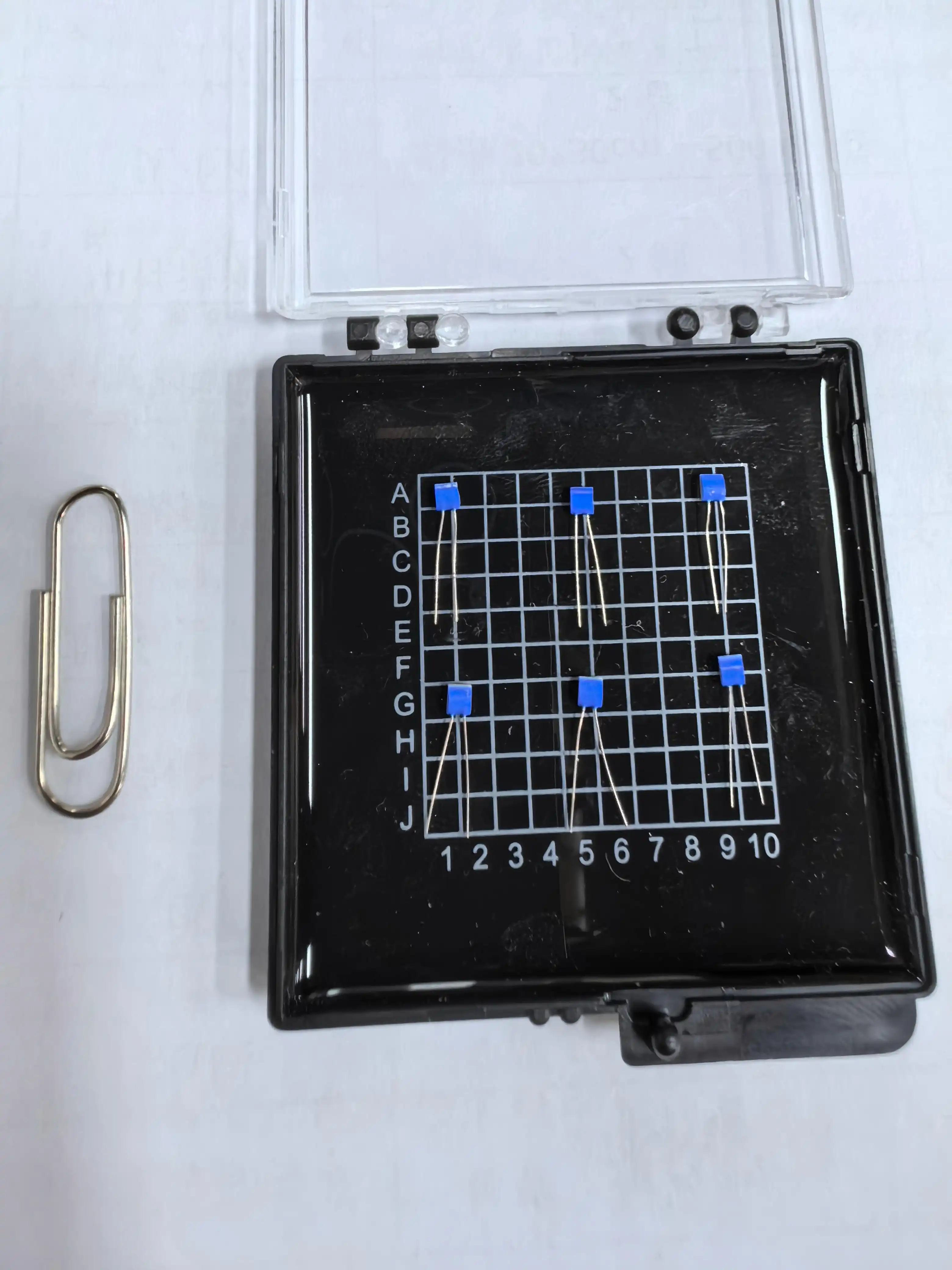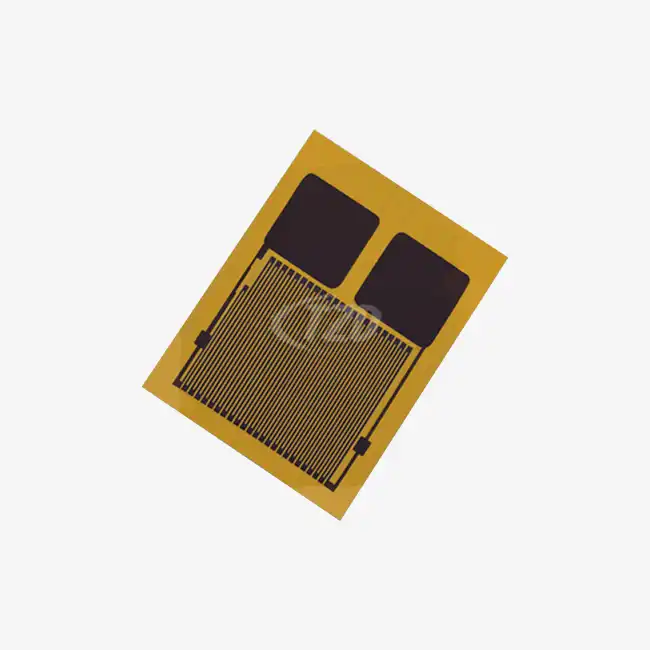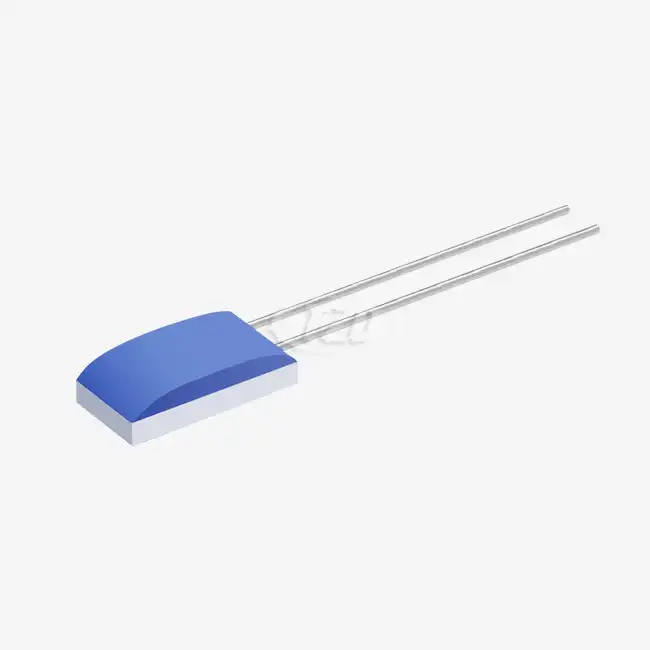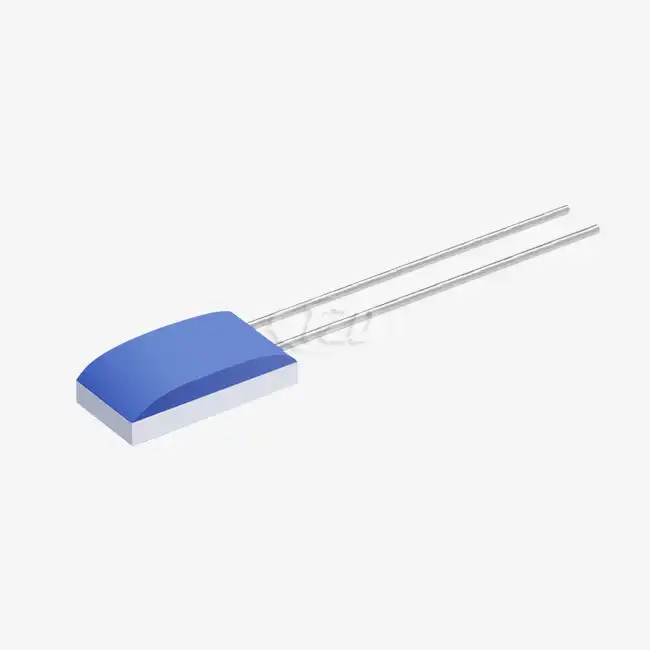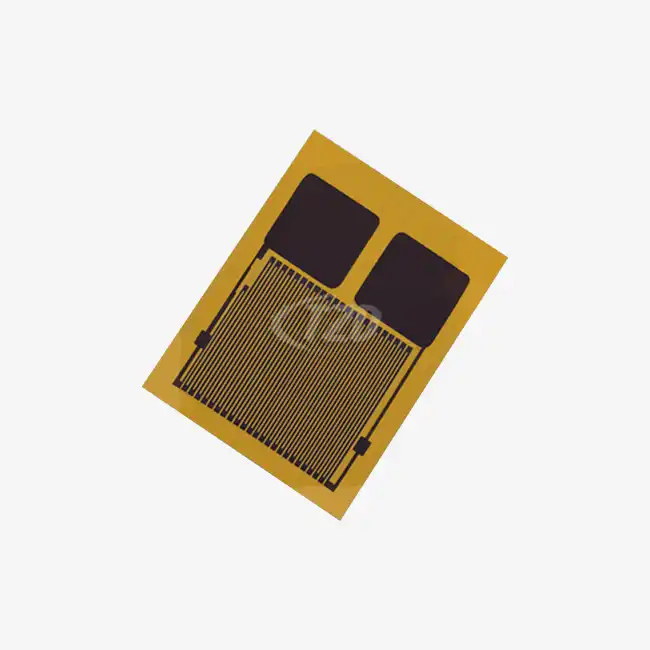The Evolution of Temperature Sensing in Automotive Applications
Traditional Temperature Sensing Methods in Vehicles
In the early days of automotive engineering, temperature sensing was rudimentary at best. Bimetallic strips and liquid-filled gauges were the norm, providing rough estimates of engine temperature. These methods, while functional, lacked the precision required for modern automotive systems. As vehicles became more complex, the need for more accurate temperature measurements became apparent.
The Advent of Electronic Sensors
The introduction of electronic sensors marked a significant leap forward in automotive temperature sensing. Thermistors and thermocouples offered improved accuracy and faster response times compared to their mechanical predecessors. However, these sensors still had limitations in terms of linearity and long-term stability, especially in the harsh automotive environment.
The Rise of Platinum Resistance Thermometers
Platinum resistance thermometers (PRTs) emerged as a superior solution for temperature sensing in automotive applications. The Pt100, a specific type of PRT, quickly gained popularity due to its excellent linearity and stability. However, traditional wire-wound Pt100 sensors were bulky and susceptible to vibration, limiting their use in certain automotive applications.
Pt100 Thin Film Sensor Technology: A Game-Changer for Automotive Systems
The Fundamentals of Pt100 Thin Film Sensors
Pt100 thin film sensors represent a significant advancement in temperature sensing technology. These sensors utilize a thin layer of platinum deposited on a ceramic substrate, typically measuring just 3.2mm x 1.6mm x 0.7mm. This miniaturization allows for integration into compact automotive components without sacrificing performance. The platinum film exhibits a highly linear resistance change with temperature, adhering to the IEC60751 standard with a temperature coefficient of 3850 ppm/°C.
Advantages of Thin Film Technology in Automotive Applications
The thin film construction of these sensors offers several advantages over traditional wire-wound PRTs. Their compact size allows for faster response times, often as quick as 0.05 seconds, enabling real-time temperature monitoring in critical automotive systems. The robust construction, with vibration resistance of 40g and impact resistance of 100g, makes them ideal for the harsh automotive environment. Additionally, the thin film design minimizes self-heating effects, further enhancing measurement accuracy.
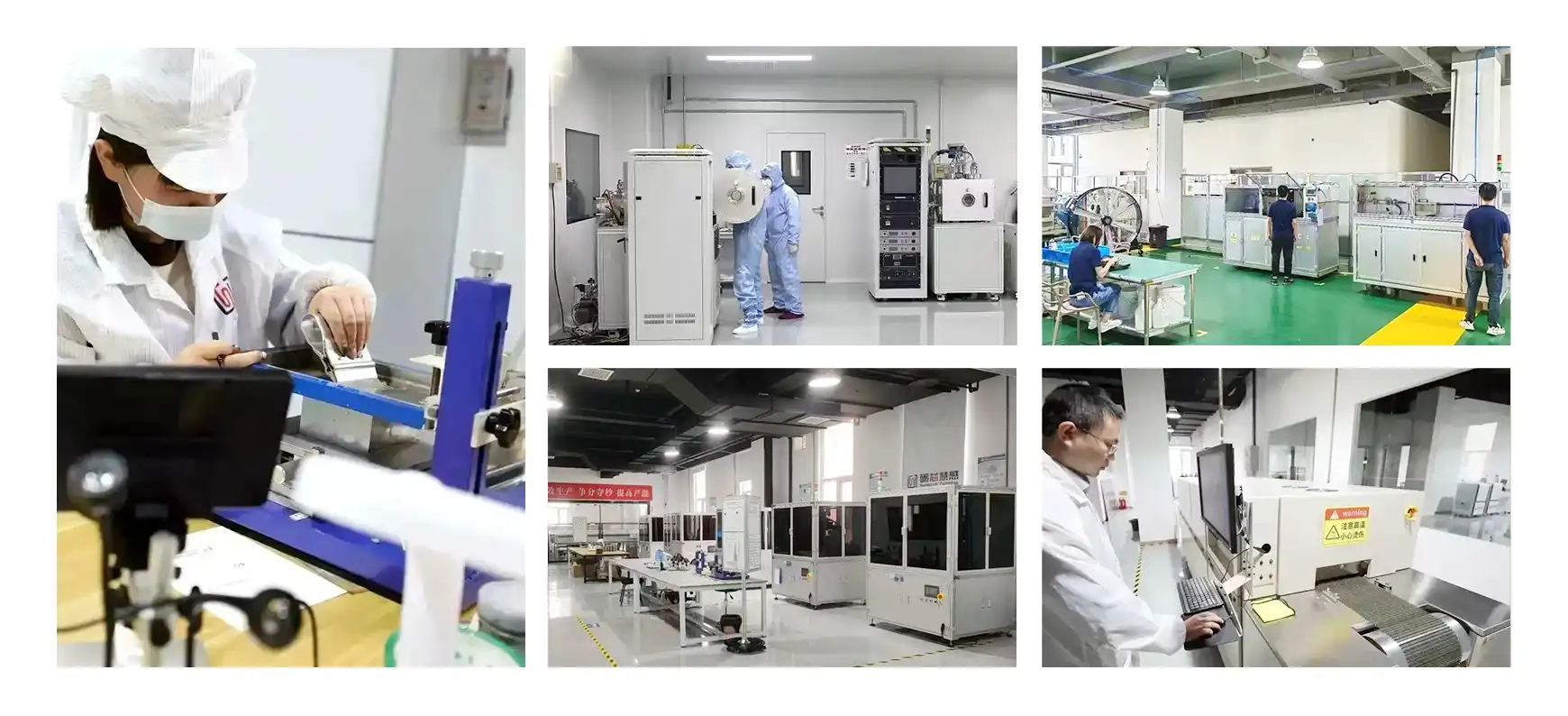
Manufacturing Precision and Quality Control
The production of Pt100 thin film sensors involves advanced manufacturing techniques. Companies like Xi'an Tongzida Technology Co., Ltd. have established automated production lines for thin film temperature sensor chips, ensuring consistency and quality. These sensors undergo rigorous testing and comply with international standards, including ISO9001, ROHS, and CE certifications. The manufacturing process allows for customization in size (ranging from 1.2mm to 4.0mm) and lead materials (platinum nickel, silver nickel, pure platinum, etc.), catering to specific automotive requirements.
Applications and Impact of Pt100 Thin Film Sensors in Modern Vehicles
Engine Management and Performance Optimization
Pt100 thin film sensors play a crucial role in engine management systems. Their high accuracy (±0.01 Ω) and wide temperature range (-200°C to +850°C) allow for precise monitoring of engine coolant, oil, and exhaust gas temperatures. This data enables real-time adjustments to fuel injection, ignition timing, and turbocharger operation, optimizing engine performance and fuel efficiency. The sensors' fast response time is particularly valuable in high-performance engines where rapid temperature changes occur.
Battery Management in Electric and Hybrid Vehicles
In the growing electric and hybrid vehicle market, Pt100 thin film sensors are indispensable for battery management systems. These sensors monitor battery temperature with high precision, crucial for maintaining optimal charging and discharging rates. The sensors' long-term stability (drift ≤ 0.04%) ensures reliable temperature measurements over the vehicle's lifetime, contributing to battery longevity and safety.
Climate Control and Passenger Comfort
Automotive climate control systems rely on for accurate cabin temperature measurements. The sensors' compact size allows for discreet placement throughout the vehicle interior, enabling zone-specific temperature control. Their fast response time contributes to more efficient and comfortable climate management, enhancing the overall driving experience.
Safety Systems and Diagnostics
Pt100 thin film sensors are integral to various automotive safety systems. They monitor brake temperatures, helping to prevent overheating and ensure optimal braking performance. In tire pressure monitoring systems, these sensors provide accurate temperature compensation for pressure readings. The sensors also play a role in diagnostic systems, helping to identify potential issues before they become critical failures.
Future Prospects: Autonomous Vehicles and Beyond
As the automotive industry moves towards autonomous vehicles, the role of Pt100 thin film sensors is set to expand further. These sensors will be crucial in monitoring the temperatures of various electronic components that power self-driving systems. Their high accuracy and reliability will contribute to the safety and efficiency of autonomous vehicles, where precise environmental data is essential for decision-making algorithms.

Conclusion
Pt100 thin film sensors have emerged as a cornerstone technology in modern automotive systems, powering precision across a wide range of applications. Their compact size, high accuracy, and exceptional stability make them ideal for the demanding requirements of today's vehicles. As automotive technology continues to evolve, these sensors will play an increasingly vital role in enhancing performance, efficiency, safety, and comfort.
The ongoing advancements in thin film sensor technology promise even greater capabilities in the future, further cementing their position as an essential component in the automotive industry. For more information about intelligent sensor chips and Pt100 thin film sensors, please contact us at sales11@xatzd.com.
